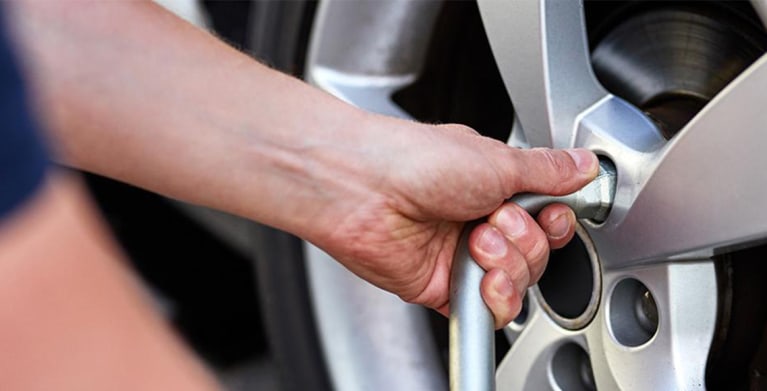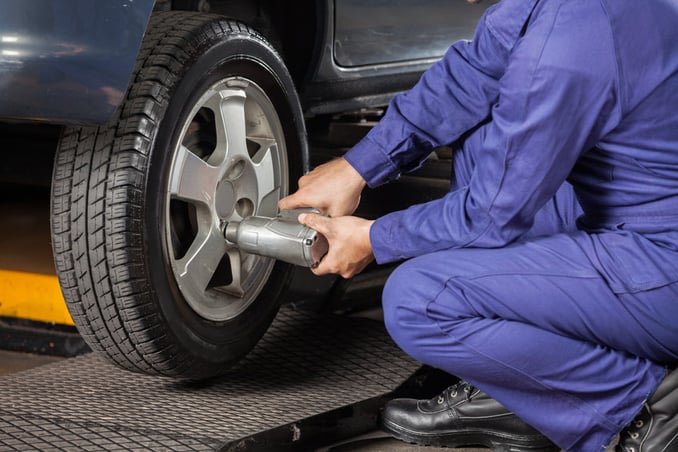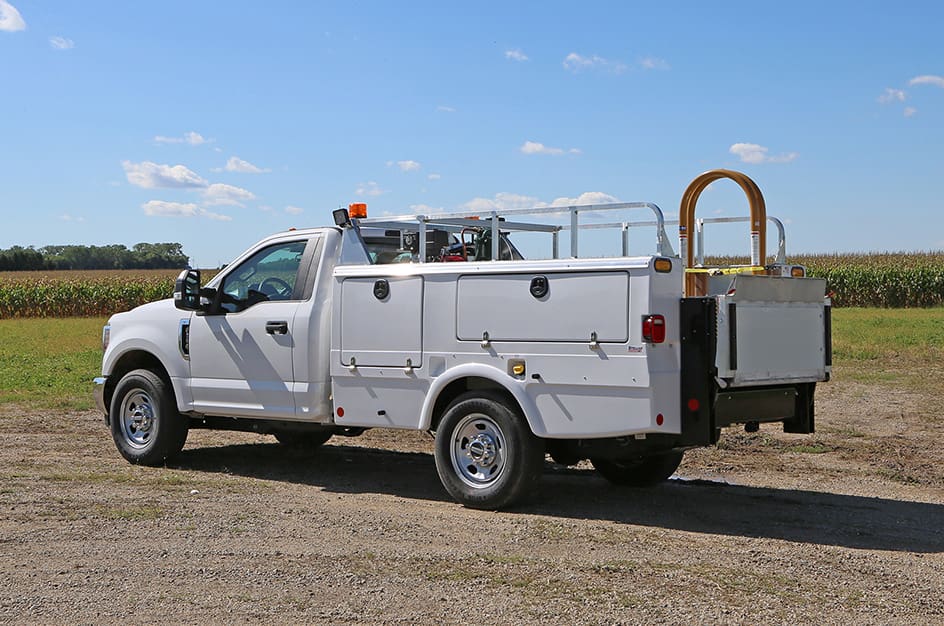Morris Tires: Your Destination for GMC Tires Service Quality
Morris Tires: Your Destination for GMC Tires Service Quality
Blog Article
Tire Solution: The Effect of Climate Problems
When it involves ensuring optimum performance and security when driving, comprehending the impact of climate problems on tire service is vital. From scorching warm to icy roads, each weather element can dramatically influence tire capability and total driving experience. By diving right into the effects of differing weather condition conditions on tires, vehicle drivers can get important insights that might enhance their automobile's performance and longevity. In this conversation, we will certainly explore the detailed partnership between climate problems and tire solution, clarifying the relevance of weather-specific tire upkeep techniques and considerations.
Heat and Tire Efficiency
When exposed to heats, tires experience adjustments in performance that can substantially impact car safety and handling. The heat produced from long term driving or heat conditions triggers the tire rubber to soften, leading to lowered walk life and enhanced wear. As the rubber comes to be softer, the tire's hold when driving lessens, affecting braking distances and overall grip. In extreme cases, too much heat can also create tire blowouts, presenting a serious security danger to the car and its owners.

Cold Weather Impacts
Winter conditions can have a significant influence on tire performance and safety. As temperatures drop, tire rubber can solidify, bring about lowered grip on icy or snow-covered roads. In winter, tires might additionally shed atmospheric pressure much more swiftly, which can influence handling and gas effectiveness. In addition, chilly temperature levels can cause tire sidewalls to tense, raising the danger of damages from holes or other roadway dangers.
To alleviate the impacts of cool weather condition on tires, it is crucial to consistently inspect tire pressure and inflate them to the producer's suggested levels. Utilizing winter season or all-season tires developed for cold weather problems can likewise improve grip and grasp on icy or snowy roads. Appropriate tire upkeep, including routine assessments for wear and damages, comes to be even a lot more vital during chillier months to ensure ideal performance and safety.
Rainy Conditions Impact
Throughout rainy problems, tire performance and safety can be significantly affected by the damp road surfaces and minimized visibility. The tread pattern of tires plays a vital duty in keeping grip on damp roads. Tires with damaged treads are a lot more prone to hydroplaning, where a layer of water accumulates between the roadway and the tire surface area, resulting in loss of grip. To battle this, vehicle drivers must consistently evaluate their tires for adequate tread deepness and consider buying tires particularly designed for wet conditions.
In addition, wet weather can also reduce presence, making it challenging for motorists to see the roadway in advance plainly (GMC Tire Service). In such problems, it is necessary to change driving rates accordingly and keep a risk-free following range to permit unexpected quits. Correctly filled with air tires can additionally assist in keeping control on damp roadways by giving far better handling and hold
Snow and Tire Safety And Security
Snow-covered roads position special difficulties for chauffeurs, emphasizing the relevance of appropriate tire option and maintenance. When driving in snowy problems, having the right tires can make a significant distinction in security and efficiency. Winter months tires are designed with special rubber substances and step patterns to offer far better traction on snow and ice contrasted to all-season tires. The deeper treads and sipes of wintertime tires assist grip the roadway better, minimizing the danger of slipping and moving.

Furthermore, vehicle drivers need to consider installing tire chains in extreme linked here snowy problems. Tire chains offer additional grip by gripping the snow and ice, boosting stability and control. It is crucial to comply with maker instructions when using and setting up tire chains to prevent damage to the tires and automobile (GMC Tire Service). By choosing the appropriate tires, maintaining proper inflation, and considering additional grip help like tire chains, drivers can boost their safety and security when browsing snow-covered roadways.
Weather-Related Tire Maintenance
When faced with different weather, proper tire upkeep becomes a vital aspect of automobile security and efficiency. Weather-related tire maintenance encompasses an array of techniques aimed at making certain optimal tire function and long life in various climate situations. One key element of weather-related tire maintenance is tire pressure law. Changing temperature levels can trigger tire pressure to vary, influencing traction and gas effectiveness. Regularly inspecting and changing tire pressure according to manufacturer recommendations is important for secure driving in altering climate condition. Furthermore, tire step depth plays a substantial role in taking care of various weather condition aspects. Tires with sufficient walk depth offer better grip on wet or icy roadways, minimizing the threat of skidding or hydroplaning. When walk wear reaches a specific deepness is crucial for preserving grip and security in damaging climate, evaluating tire tread frequently and replacing tires. By a fantastic read focusing on weather-related tire upkeep, drivers can improve safety, improve vehicle performance, and lengthen the lifespan of their tires.
Final Thought
To conclude, climate problems have a significant influence on tire performance and safety and security. From warm affecting tire stress and wear to winter lowering traction, it is necessary to take into consideration the weather condition when keeping and making use of tires. Rainy conditions can decrease grip and result in hydroplaning, while snow can raise the danger of crashes if tires are not correctly geared up. Weather-related tire maintenance is essential in guaranteeing optimal efficiency and safety when traveling.
In this discussion, we will certainly explore the elaborate relationship between weather conditions and tire solution, dropping light on the relevance of weather-specific tire maintenance practices and considerations.

Report this page